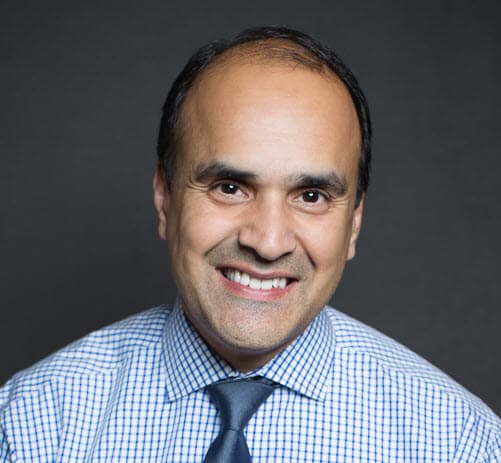
@ShahidNShah

Investors Business Daily reports a cure for health IT woes. Yes, the previous statement is a bit sardonic but it’s interesting that IBD would even mention a “cure” for what plagues the HIT industry. They start the article with:
…when it comes to health care, most people suffer a system rife with antiquated record-keeping, slow communications and costly manual labor for mundane tasks. It’s a pain for patients, doctors and insurers alike.
They go on to report:
But computer makers say they have a cure. In separate efforts, IBM and Sun Microsystems are trying to jump-start digital record keeping in health care. The companies aim to bring the industry into the 21st century, just as they’ve done for the retail and banking sectors.
Last I checked, I don’t really have a unified financial record anywhere. When I need to do business with Bank of America, they don’t really ask me for a record of my dealings with my Navy Federal Credit Union. When my CPA does my taxes, he doesn’t have all my financial records in one place that he can just peruse through and give me great advice. When I shopped at CompUSA last week they didn’t have the ability to tell me that the new USB thumbdrive I bought was already sitting in my closet because I bought one just like it last year. I have to manage my own financial records.
So, please, spare us the comparisons with retail and banking. When you’re dealing with a complex ecosystem like healthcare you can’t just assume that putting networks in place, tossing in computers, adding some smart engineers, and shaking it up a bit will make a great health IT milkshake. The problems in healthcare have nothing to do with technology, they have to do with the complexity of a multi-payer, decentralized healthcare system. Competing hospitals need to share medical records, physicians (small businesses) have to share orders, pharmacies (suppliers) have to share clinical records.
This is unlike almost every other industry where competitors do not share customer information with each other as a regular course of business. If they do share information, it’s to improve revenue or increase the customer base. This is very different in healthcare where sharing of records between competitors is just a part of doing business and poor sharing leads to medical errors. Before you bring up the case of credit reports, where competing banks and retailers do come together to create a “virtual record” lets not for a moment think it’s done in a fool proof manner. Credit reports are the closest thing to universal medical records that we have in the financial sector: look at the kinds of data they share and you’ll see it’s on the simplistic side and still error prone. Multiply that multi-fold and you start to see the challenges in healthcare.
In the financial industry we have a Central Bank which sets monetary policy, sets up interest rates, and regulates all aspects of transactions (including what types of information you can/can’t share with investors). Can someone point me to the Central Bank equivalent of the healthcare world? The anology is that in healthcare we not only don’t have a Central Bank, we don’t even use the same currency across “retailers” (like hospitals, providers, etc). Imagine trying to automate a retail or banking system that works on the barter system — where each store/bank would have their own currency and you’ll try to get the grasp of the problems we deal with in healthcare.
IBD, correctly, continues with:
But digitizing records is the easy part. Setting up a universal network that links all parts of the health care system together — and standardizes medical information between all of them — is a much tougher task.
Although they’re wrong that digitizing is easy (it’s not at all,) they are correct that it’s the standardizes medical information part that is the core of the problem. If the government doesn’t step in with the Healthcare Central Bank equivalent that can provide a common healthcare currency (the clinical record, administrative record, and financial record) the best supercomputers and networks in the world won’t help.
Keep in mind I’m not saying that the problems of health IT are unsolvable, but I am saying that oversimplifying them is no way to get to a solution.

Shahid Shah is an internationally recognized enterprise software guru that specializes in digital health with an emphasis on e-health, EHR/EMR, big data, iOT, data interoperability, med device connectivity, and bioinformatics.
Connecting innovation decision makers to authoritative information, institutions, people and insights.
Medigy accurately delivers healthcare and technology information, news and insight from around the world.
Medigy surfaces the world's best crowdsourced health tech offerings with social interactions and peer reviews.
© 2025 Netspective Media LLC. All Rights Reserved.
Built on Mar 12, 2025 at 5:07am